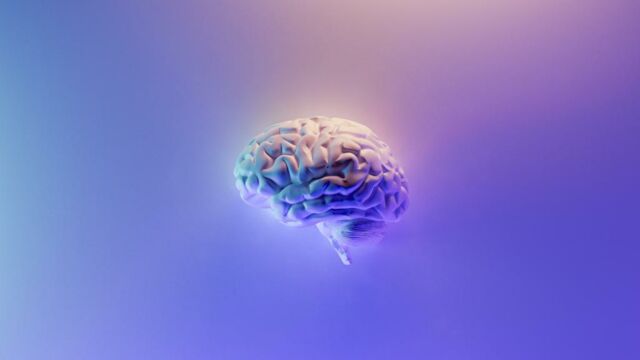The main organ of our nervous system, the brain, remains quite fragile. Some of our bad habits damage it even more than you might think. Here are five habits to bust.
Discover our latest podcast
Too much sugar consumption
When we consume a lot of sugar, our blood glucose levels rise. High blood glucose decreases the production of neurotrophic factors, which are chemicals that are imperative for the brain to create new memories and learn new things. Therefore, a diet high in sugars limits the brain's ability to learn and remember.
Too much screen time

Face-to-face encounters are really valuable for our mental health. People are spending far more time on screens than ever before in history. Research from the University of Michigan has also shown that a 10-minute face-to-face conversation improves cognitive function.
Staring at screens all day, starting in the morning, can hurt your wrists, back, eyes, neck and ears. Too much time spent in front of a screen also affects the quality of our sleep. Researchers show that excessive screen time has proven negative effects on our creativity, intellect, and emotional health.
Doing too many things at the same time
People who do too many things at once are constantly distracted and not as focused as those who use the brain for a single task, this is because they use all parts of the brain at the same time.
Multitaskers have a harder time filtering out superfluous information. A study shows that people who overdo tasks have reduced density in the anterior cingulate cortex, which is crucial for cognitive regulation, empathy, and emotions.
Read more:
- Neuroscientist reveals what really happens to your brain after you die
- These 21 pictures will prove you have a dirty mind
Not enough movement

Staying physically inactive for a long time creates anatomical changes in the brain, which increases the risk of heart disease. It should also be noted that sitting for long hours without moving can have a negative effect on your brain health.
Too much information
Over the last three decades, our brain has undergone an increase in the information received by around 350%. It's a lot. We continually put ourselves in a state where we receive more information than we can handle, which can damage our brains as it has to constantly process new, irrelevant information.
When your brain receives new information daily and tries to digest it and work with it, you put a lot of pressure on it to apply the learning to the right places. Too much data also affects your cognitive functions, including making decisions.















